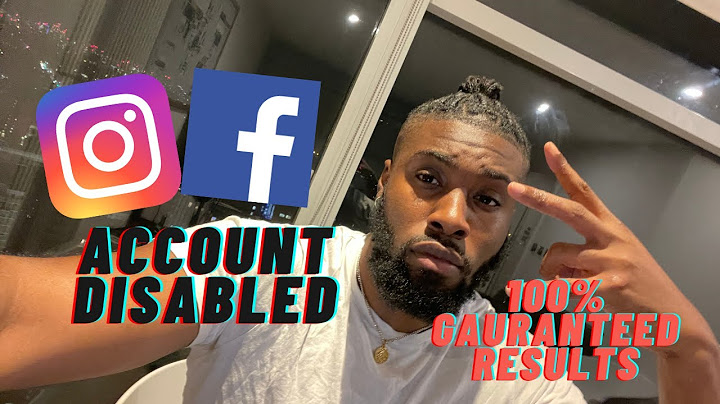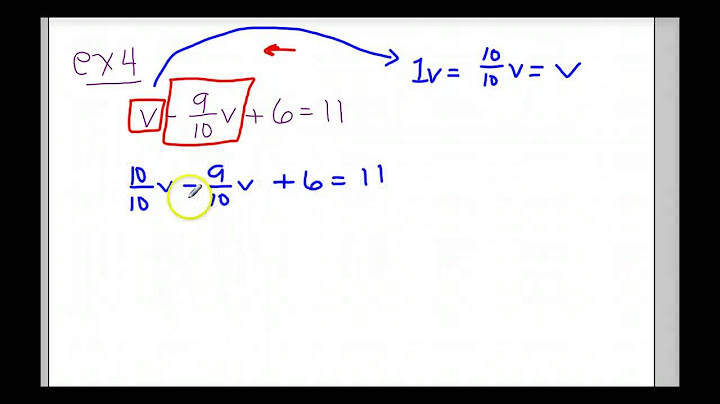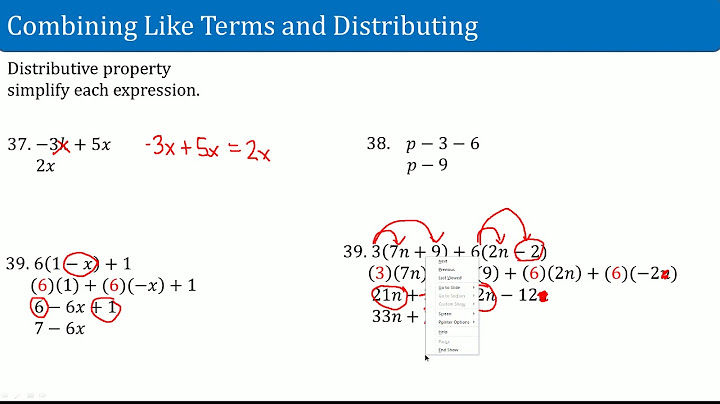If you own a property and want to borrow a large amount of money, you may be able to use the value of your property to “cash out” by getting a home equity loan or a term loan. Show
This may not be your easiest option, and it will depend on the bank where you apply, but it’s certainly worth a try. Singapore’s 2013 property cooling measures that impacted TDSRs and LTVs on properties effectively destroyed these types of “cash out” opportunities for a lot of homeowners. However, this may still be a viable option for those trying to “unlock” the appreciation built up in their property. This article explains how to obtain a home equity loan in Singapore. Table of ContentsHome Equity or Term Loan in Singapore Who Qualifies for a Home Equity Loan? Interest Rates on Home Equity or Term Loans How Much Will Banks Lend You in Singapore on a Home Equity or Term Loan? What is a Home Equity Loan’s Tenure in Singapore? Does Getting a Home Equity Loan Make Sense for You? A Home Equity or Term Loan Would Allow You to Borrow More Money Other FAQs About Obtaining Home Equity or Term Loans in Singapore A home equity loan, term loan or equity term loan are different terms for the same type of loan. The only difference between them is that a home equity loan allows you to borrow on the value of a fully-paid-for property. A term loan allows you to do the same on a property that isn’t yet fully paid for. When taking out a term loan, you are using the equity built up in your property as collateral for the loan. Therefore, if your property has appreciated in value, your best option may be to take out a home equity loan or term loan if you want to borrow money at a low rate of interest. You would do this by determining the current value of your property. If the property has sufficiently appreciated in value since you initially bought it, you may be able to borrow on the increase in value in addition to maintaining your existing loan. It’s even possible to do this if your home isn’t fully paid off. In reality, you would be borrowing off the fully paid portion of your home. This is known in the industry as a “mortgage equity withdrawal loan” or “cash out refinancing.” Who Qualifies for a Home Equity Loan?If you own private property in Singapore, you would be eligible for a home equity loan. This means that if the only property you have is an HDB flat, you wouldn’t qualify for cash out refinancing. And, if you still owe money on your existing home loan you would need to apply at the same bank for your term loan. For example, if your current home loan is with DBS, you would be required to get your loan from DBS as well. Interest Rates on Home Equity or Term LoansHome equity loans usually come with extremely low interest rates of about 1%+. In contrast, renovation loans, term loans for businesses, debt consolidation loans and student loans come with much higher interest rates.
How Much Will Banks Lend You in Singapore on a Home Equity or Term Loan?It will depend on the following three factors:
Note: Disbursement fees vary. Banks usually allow customers to borrow up to 80% of the value of their property. Before this is determined, they would deduct outstanding loan amounts, along with any CPF amounts withdrawn to buy the property. Therefore, this is not some way to help you cheat and deplete your CPF savings. The total debt servicing ration (TDSR) will also limit how much you can borrow. This means that the total amount you can use to repay your loans cannot be more than 55% of your gross monthly income. In 2017, the government enacted laws to help older Singaporeans in their retirement. Therefore people are no longer be limited by the TDSR if they are only borrowing on half their property’s value or less. For example, Mrs. Kaur owns property valued at $1.25 million, and she still owes $250,000 on her home loan. So far, she has withdrawn about $600,000 from her CPF to pay for this property.
If Mrs. Kaur wants to apply for a term loan, she can qualify for a loan of up to $150,000. If the amount of the term loan plus the balance on her existing loan is less than 50% of the value of her property, she won’t need to be concerned about TDSR. What is a Home Equity Loan’s Tenure in Singapore?The maximum tenure on a home equity loan is 75 years minus your age. So, if you’re currently 45 years old, the maximum tenure on your home equity loan would be 30 years. If you are currently paying off a home loan, then you would have to deduct the number of years you’ve already spent paying off this loan as well. Therefore, if you’re 45 years old and you’ve spent the last 20 years making repayments on your home loan, the maximum loan tenure on your home equity loan would be just 10 years. Does Getting a Home Equity Loan Make Sense for You?If your home needs to be renovated, you want capital to start a new business, or to pay for your child’s education, a home equity loan may be the perfect solution. There would be a low interest rate and you’d be able to borrow quite a bit of money. In these three instances, the other options you’d have will either come with higher interest rates, less money or both. It wouldn’t make sense to take out a home equity loan if you are just looking for a little extra cash for a fancy car or want to splurge on a luxury trip around the world. We’ll discuss this later. A Home Equity or Term Loan Would Allow You to Borrow More MoneyMost loan packages only allow applicants to borrow up to four times their monthly income. If you are a typical Singaporean, this means the bank wouldn’t lend you more than $20,000 at any given time. And because of the limitations imposed by TDSR, your total repayment couldn’t be more than 55% of what you make monthly. As mentioned above, home equity and term loans are not bound by this restriction. If you own private property, you can easily get approved for a loan of $50,000 or more. And you wouldn’t need to be concerned about TDSR once you’re approved for the loan. Other FAQs About Obtaining Home Equity or Term Loans in SingaporeIf you think getting a huge low-interest loan in Singapore is a piece of cake, here are a few questions you need the answers to: 1. Is there any difference between a home equity loan and a term loan?Yes, they are different. A home equity loan allows homeowners to borrow on a property that’s fully paid for, whereas a term loan is for homeowners who want to borrow on a property that they haven’t yet fully paid off. 2. What costs are involved when you get a home equity or term loan?These types of loans come with expensive upfront costs. To get a valuation on your property you would need to pay administrative costs and legal fees, which could range from $2,000 to $3,000. These costs are unavoidable since the loan amount would depend on the value of your property. Every time you put in an application for a home equity or term loan, you are charged these fees. So, it’s important that you know exactly how much money you need to borrow ahead of time. 3. How long does it take to get a home equity loan approved?You can expect it to take about two months before your home equity loan gets approved. However, if your existing home loan is with this same bank, it may take the bank up to four months to approve a term loan. This is why these types of loans would not work in an emergency. 4. Am I allowed to use CPF to repay my home equity loan?No, unlike a typical home loan you are not allowed to use your CPF savings to repay an equity loan. This loan will therefore affect your monthly cash flow, even with its low interest rate and long tenure. You must make sure you have sufficient income to repay a home equity loan before you even apply. 5. Why do home equity loans have such low interest rates?The reason for being able to borrow so much money at very low rates is because the repercussions of not repaying this type of loan are very severe – you could lose your home! This is why it’s crucial that you not miss any repayments and thus give the bank reason to foreclose on your home. The last thing you want is for the bank to seize your home, which they would have every right to do if you are delinquent in repaying the loan. Once they take possession of your property, they will auction it off to recover their losses. This is why you definitely should never take out a home equity loan to pay for something frivolous. There’s no point in buying an expensive Range Rover if it’s going to cost you your home! If you have no idea whether or not you’d be eligible for a home equity or term loan, please contact Pinnacle. Our partner banks in Singapore are DBS, HSBC, UOB, OCBC, Citibank, Hong Leong Finance, Maybank, and Standard Chartered Bank. We would be happy to refer you to a reputable mortgage banker affiliated with the bank of your choice. We will also give you a free consultation that includes answering questions about your property and whether it makes sense for you to get “cash out” refinancing. Disclaimer: The information provided in this article does not constitute legal advice. We recommend that you get the specific legal advice you need from an experienced attorney prior to taking any legal action. While we try our best to make sure that the information provided on our website is accurate, you take a risk by relying on it. At Pinnacle Estate Agency, we strongly believe in sharing our real estate knowledge to the public. For more content like this article, check out our Singapore Property Guides. What is the typical term for a home equity loan?Most terms range from five to 20 years, but you can take as long as 30 years to pay back a home equity loan.
What is a disadvantage of taking out a home equity loan?You could pay higher rates than you would for a HELOC. Because a home equity loan's interest rate won't fluctuate with the market, unlike a home equity line of credit (HELOC), the rate for a home equity loan is typically higher. Your home is used as collateral.
What is the monthly payment on a 50 000 home equity loan?Loan payment example: on a $50,000 loan for 120 months at 8.00% interest rate, monthly payments would be $606.64.
How does equity term loan work?A term loan, home equity loan or equity term loan means the same thing. When you take a term loan, you use the equity of your property as collateral. So if your property has increased in value over time, a home equity loan may be the best way to borrow some money at a low interest rate.
|

Advertising
LATEST NEWS
Advertising
Populer
Advertising
About

Copyright © 2024 en.frojeostern Inc.













